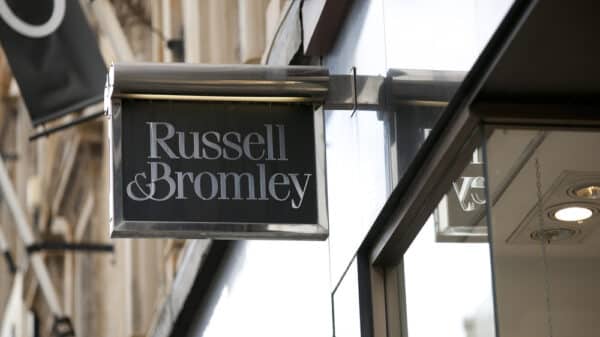As the High Court prepares to revisit River Island’s restructuring plan, turmoil surrounds the future of this well-known fashion retailer. Originally scheduled for a decisive vote on Thursday, August 7, the hearing has now been pushed to Friday, August 8, extending the uncertainty that has gripped both the company and its stakeholders.
The Heart of the Restructuring Proposal
The upcoming sanction hearing will not merely address operational adjustments; it seeks to determine River Island’s strategic response to its financial struggles. The retailer aims to close 33 underperforming stores, negotiate significantly lower rents on 71 others (with proposals suggesting zero rent for specific locations), and write off substantial debts, such as business rates. These changes are pivotal in efforts to stabilize the company’s finances and secure its place in the competitive fashion market.
However, last week’s creditor vote highlighted the challenges ahead. Although approximately 80% of creditors by value expressed support for the proposal, it fell short of the necessary 75% approval in every individual creditor class. Dissent from major landlords, notably British Land and the Crown Estate, further complicates a difficult landscape.
The Importance of Creditor Engagement
This delay now offers River Island’s leadership a critical opportunity to engage with dissenters. The discussions with landlords and creditors will be vital in aligning interests before the judge’s ruling. Balancing the backing from the majority of creditors against the opposition from significant property owners will be a delicate task.
A Legacy at Stake
Founded in 1948 by the Lewis family, River Island faces an existential threat. In June, the company warned creditors that failing to secure restructuring approval could lead to administration as early as September. The stakes have never been higher, especially with the investment firm Blue Coast Capital—controlled by the Lewis family—offering a £40 million emergency loan contingent on the court’s approval of the restructuring plan. With an exposure of around £270 million, Blue Coast Capital remains River Island’s largest creditor.
Conclusion: Eyes on the Future
As River Island navigates this precarious path, the outcome of the sanction hearing could very well determine the retailer’s ability to adapt to an ever-changing retail environment. The fashion landscape—especially in the wake of economic pressures and shifting consumer behavior—demands adaptability and resilience, qualities that River Island must demonstrate if it hopes to retain its position in the market. Stakeholders will be watching closely to see if the court ultimately clears the way for a plan that could revitalize this iconic brand.
Image Source: Unsplash































